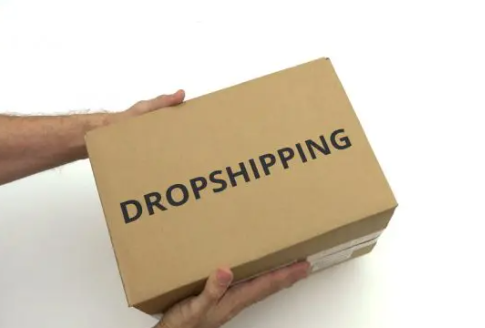Starting an e-commerce business can be an exciting venture, but one of the most critical steps is finding reliable suppliers. This guide will provide essential tips for new entrepreneurs looking to source products effectively through Shopify.
Understanding the Importance of Suppliers
Suppliers play a pivotal role in the success of your e-commerce business. They influence product quality, pricing, and delivery times, which can significantly impact customer satisfaction and your brand's reputation. Choosing the right suppliers can lead to better margins and a more streamlined operation.
Types of Suppliers
Manufacturers: These are companies that produce goods. Working directly with manufacturers can often lead to lower prices and higher-quality products.
Wholesalers: Wholesalers buy products in bulk from manufacturers and sell them at a markup. They typically have a wide range of products available.
Dropshipping Suppliers: These suppliers fulfill orders on your behalf, allowing you to sell products without holding inventory.
Steps to Find Suppliers on Shopify
1. Research Your Options
Begin by conducting thorough research to identify potential suppliers. Utilize various online platforms and directories to gather information.
Google Search: Start with searches like “manufacturers near me” or “wholesale suppliers” to find local options.
Supplier Directories: Websites like Alibaba, Worldwide Brands, and SaleHoo offer extensive lists of verified suppliers across various industries.
Social Media and Forums: Engage with communities on platforms like Facebook or Reddit to get recommendations from other entrepreneurs.

2. Use Shopify's Built-in Tools
Shopify offers several tools that can help you find suppliers directly:
Shopify Collective App: This app allows you to discover new products and suppliers, providing detailed information about each supplier, including shipping rates and product margins.
Oberlo: A popular dropshipping app that connects you with suppliers, making it easy to import products into your store.
3. Evaluate Potential Suppliers
Once you have a list of potential suppliers, it's crucial to evaluate them thoroughly:
Check Reviews and Ratings: Look for customer feedback on platforms like Trustpilot or Google Reviews to gauge supplier reliability.
Request Samples: Before committing to a supplier, order samples of their products to assess quality firsthand.
Assess Communication: Reach out to potential suppliers with inquiries about their products, shipping times, and return policies. Their response time and willingness to engage can indicate their level of professionalism.
4. Negotiate Terms
Negotiation is key when establishing a relationship with suppliers:
5. Build Relationships
Establishing strong relationships with your suppliers can lead to better deals and more favorable terms:
Regular Communication: Keep in touch with your suppliers regularly to build rapport.
Feedback Loop: Provide feedback on their products and services; this can help improve the relationship over time.
Long-term Contracts: Consider entering into long-term agreements for better pricing and reliability.
Dropshipping Considerations
If you're considering dropshipping as your business model, it's crucial to choose a reliable partner who can handle logistics efficiently. One such option is SpeedBee, a dedicated dropshipping company that offers seamless integration with Shopify stores. SpeedBee provides:
- Fast Shipping Times: Ensuring your customers receive their orders promptly.
- Quality Control: Regular checks on product quality to maintain high standards.
- Comprehensive Support: Assistance throughout the order fulfillment process.
By partnering with SpeedBee, you can focus on marketing and sales while they handle the complexities of inventory management and shipping.

Shopify Dropshipping Wholesalers
Tips for Specific Sourcing Needs
Domestic vs. International Suppliers
Deciding between domestic and international suppliers depends on various factors:
- Domestic Suppliers:
- Faster shipping times
- Easier communication
- Potentially higher prices
- International Suppliers:
- Lower prices
- Larger product variety
- Longer shipping times and potential customs issues
Dropshipping Considerations
If you're considering dropshipping:
- Choose reliable dropshipping platforms that integrate seamlessly with Shopify, such as Oberlo or Sprocket.
- Ensure the supplier has a good track record of fulfilling orders accurately and on time.
Utilizing Technology for Supplier Management
Investing in technology can streamline your supplier management process:
- Inventory Management Software: Tools like TradeGecko or Skubana help track inventory levels across multiple suppliers.
- Automated Communication Tools: Use email automation tools to maintain regular contact with your suppliers without manual effort.
Conclusion
Finding the right suppliers is a foundational step for any new entrepreneur venturing into e-commerce through Shopify. By conducting thorough research, utilizing available tools, evaluating potential partners carefully, negotiating favorable terms, and building strong relationships, you can set your business up for success. Embrace technology to enhance your supplier management processes, ensuring that you remain competitive in the ever-evolving online marketplace. Consider partnering with companies like SpeedBee for efficient dropshipping solutions that allow you to focus on growing your business while they handle logistics seamlessly.


